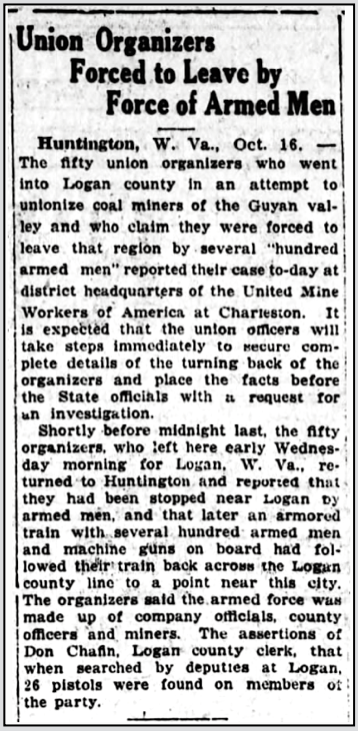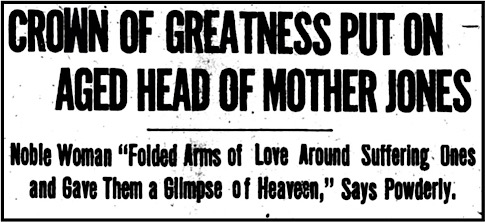
(Here is an article by a remarkable man about a remarkable woman, which was written for “Labor.” Forty years ago T. V. Powderly was the outstanding leader of American labor. He was the head of the Knights of Labor. His fame was international. He retired from active leadership years ago but retains all of his mental and much of his physical vigor. At the moment he is performing important duties in the Labor department.
Mr. Powderly writes of Mother Jones. She, too, was in the labor movement forty years ago, and she is still in it, loved and trusted by every man who carries a union card and by thousands who do not.)
By T. V. POWDERLY.
A short time ago the names and pictures of the six greatest women were laid before us by the pictorial press. Who selected them or by what standard they were adjudged great I do not know. They were estimable women, good women, respectable women, and I do not question their title to greatness.
Greatness to my mind is a relative term. It may apply to many kinds of activity. Many who through ambition, conquest or greed achieved a greatness, according to certain standards, were international whole-sale murderers. In their private lives they were dissolute, licentious, cruel monsters. History sets them down as great, but it does not tell of one tear wiped from the face of pain or sorrow by one of them.
Others who gather millions are set down as great, but when we lift the lid from the crucible, in which their wealth was formed, we see the quivering, agony-distorted nerves, sinews, and torn hearts of men and women ground to pulp as they struggled to create wealth for those who got it. Then we replace that lid in horror.
So, then, what is greatness? To my mind it consists of doing for fellow man instead of doing him. It consists of giving, rather than getting, and by giving I do not mean giving the money, houses, or lands. I mean service to others instead of self.
Judging by that standard I ask permission to name one woman who symbolizes greatness, and in doing so let me say that I do not wish to take one leaf from the wreath of greatness worn by others. I merely wish to place the laurel crown of greatness upon the head of Mother Jones.
The Measure of Real Greatness.
My reason for calling her great is that she gives of herself in service.
She has given bread to those who hungered.
She has given rest to the wearied.
She has clothed the naked and has worn rags in the doing.
She has worked that the homeless may have homes.
She has labored that the laborer may be happy and prosperous.
She has begged for others, asking nothing for herself.
She has mothered the motherless.
She has given hope to the hopeless.
When men who got of the substance of others sanctioned the maiming and killing of helpless, defenseless women and children, she folded the arms of love around the suffering ones and gave them a glimpse of heaven through clouds begotten of greed.
Pride, glory, riches, praise, and censure are alike to her. She cares nothing for these. Her sole reward comes through service to God’s suffering poor.
As a recognition of her devoted service she has been reviled and traduced as was done 1900 years ago. Her sole reply was more unselfish service, even as Jesus of Nazareth gave to those who reviled him.
Not is he rich or great or powerful or influential, but does he need? is her question.
I who have known her for nearly half a century bear willing testimony to her great work for humanity. All through these years she gave while others got.
Gives Riches of Great Soul to Humanity.
When others were getting millions of dollars for self she was giving up the riches of her great soul in loving service to millions of men and women.
She does not court the favor of any mortal, high or low. As she sees the truth she speaks it, aye, even though it may not be palatable to others or helpful to herself.
Soon her labors here shall end. When those willing hands shall cease from doing, when the voice that inspired and encouraged thousands shall lapse to silence, the perfume of her good deeds shall live to bless those who shall walk wherein she once walked. When that hour comes abler pens than mine shall write her eulogy and do it more fittingly than I. My purpose in tracing these lines while she lives and walks among us-perhaps a selfish one-is that she, and others, too, may know what one of her co-workers of the long ago thinks of her. I offer these flowers that she may know their fleeting fragrance here, for blossoms laid upon the tomb are scentless to the one who rests beneath.
When that rest comes to her the world in all truth and earnestness may say: Mother Jones was truly great.
I reckon her greater than lord or prince,
Or king, or warrior bold,
For unlike these the poor of earth,
Are her’s to have and to hold.
When others take she gives and gives,
Caring naught for self or gain,
And when the cry of want is heard,
She gives and gives again.
—————
[Emphasis added.]
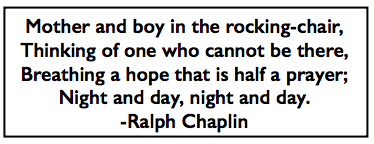 —————
—————
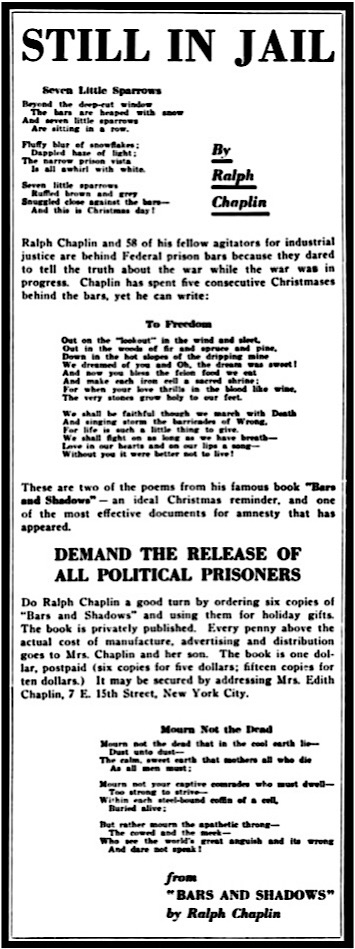
 —————
—————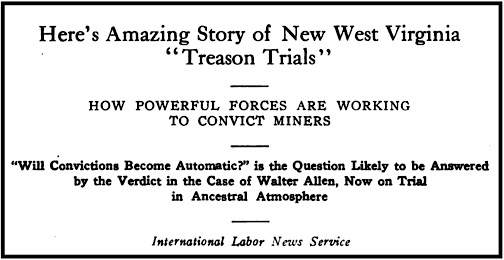
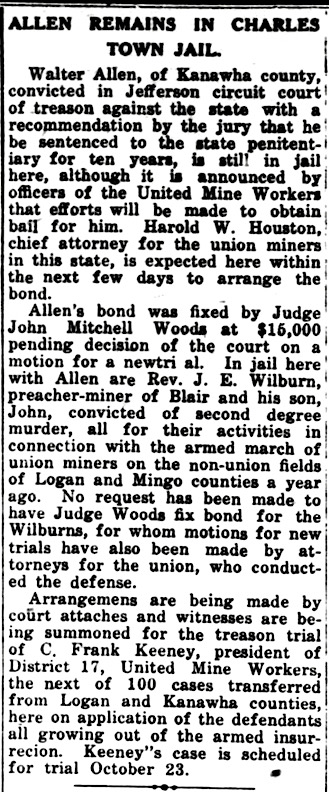
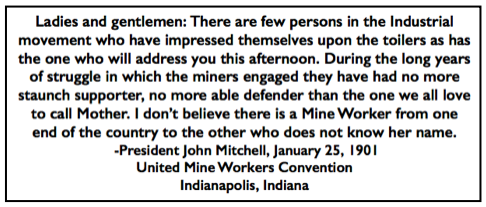 —————
—————
 —————
—————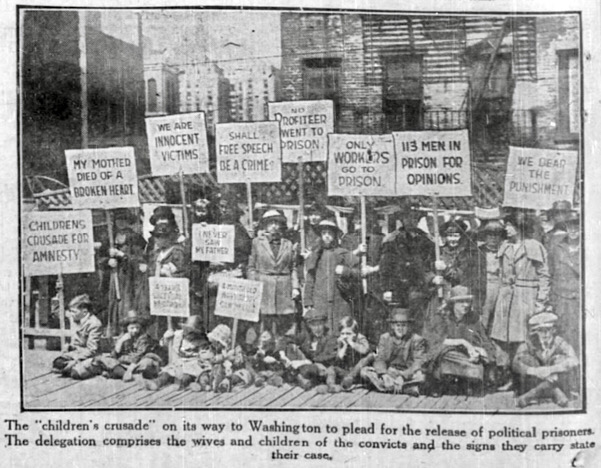
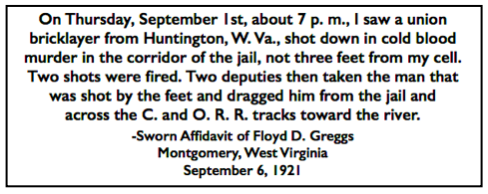 —————
—————
 —————
—————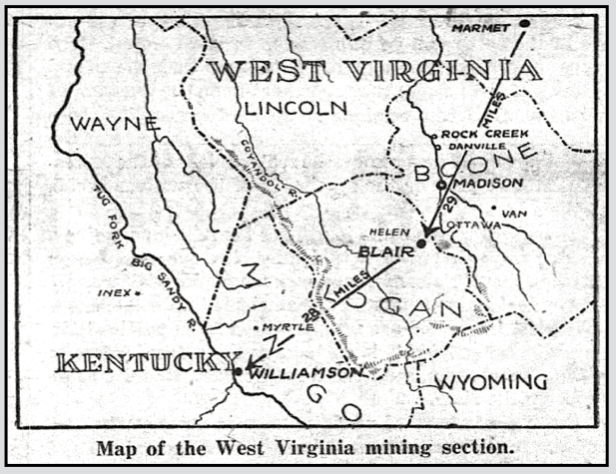
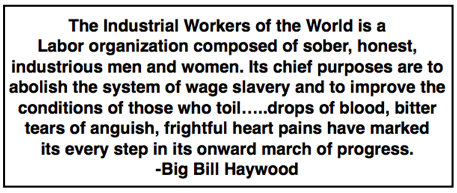 —————
—————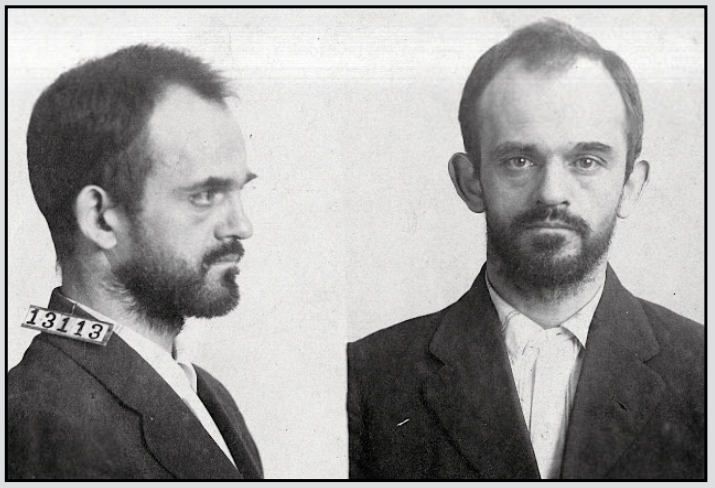
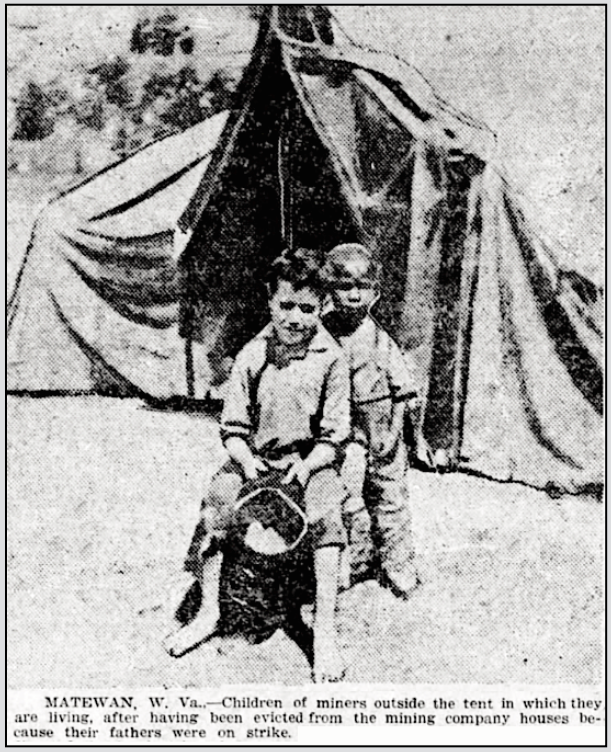
 ———-
———-